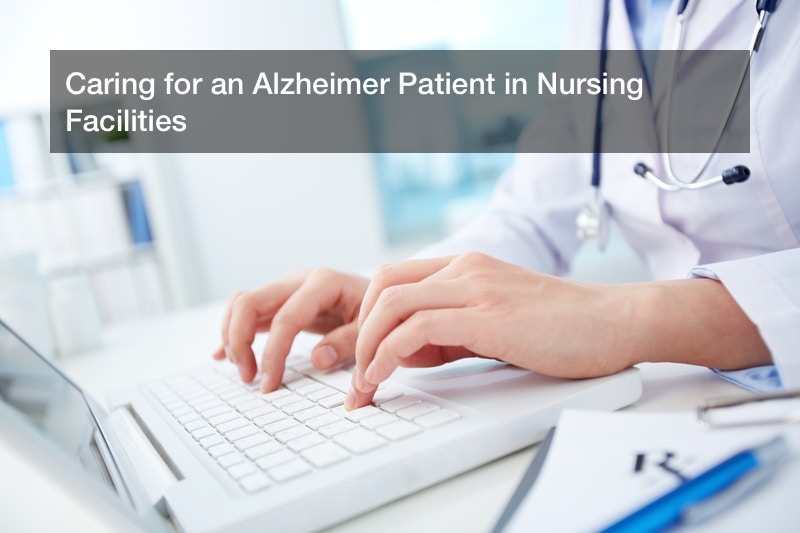Caring for an Alzheimer Patient in Nursing Facilities


Elderly Americans may face many chronic conditions as they age, and these range from back pain to arthritis to dementia (often Alzheimer’s) and osteoporosis (most common among elderly women). After all, improving standards of living and advanced medicine allow people today to live longer than ever before in the United States and the rest of the developed world. Japan leads the world in life expectancy, and that island nation is home to many senior citizens. In fact, estimates say that by the year 2050, one in four Japanese will be aged 65 and over, and this trend may appear to a lesser degree in the United States and Europe. These elderly citizens need proper medical care and attention for chronic mental or physical conditions, and this may sometimes mean bringing an elderly family member to skilled nursing facilities in their area. These long term care facilities are not to be confused with regular nursing homes or senior housing; these skilled nursing facilities are for patients with advanced medical needs, and those long term care facilities may provide around-the-clock medical care and attention at a moment’s notice. This may be particularly true for patients with advanced cases of dementia, such as Alzheimer’s, and a skilled nursing facility is the best option for a patient. In the earlier stages of this condition, living at home with assisted care is possible.
Alzheimers
A common form of dementia, Alzheimer’s disease cannot be prevented or cured once it has appeared in a patient. Most patients of this neurological disease are over the age of 65, and two in three of them are women. Only rarely does this condition appear in someone younger than 65, known as early-onset Alzheimer’s. This condition is known to damage the patient’s memory and mental faculties over time, and it worsens as years pass. This condition may also cause physical clumsiness in the patient. In fact, it has been found that 64% of Americans aged 65 and over who live in nursing homes have Alzheimer’s or some other form of dementia. It may be noted that while this disease cannot be cured, there are non-invasive methods to slow down its progress and limit its impact on a person’s life. Whether that patient is still able to live at home, or if these patients are moved to skilled nursing facilities, mental stimulation can be helpful. Conversation, friendship, and a strong social life may cheer up the patient and reduce Alzheimer’s impact, and logic puzzles and completing jigsaw puzzles engages the brain and slows down Alzheimer’s advance.
Care for the Patient
A patient who is in the earlier, less severe stages of Alzheimer’s may continue to live in their own residence, with family members and medical staff visiting to help them. The house may be made safer, such as clearing away rugs, cords, and other tripping hazards to prevent falls, and all sharp or flame producing items may be locked away. This will prevent the patient from cutting or burning themselves by accident, and may prevent the house from catching fire. Family members may help with any necessary chores or errands, such as shopping, gardening, house keeping, caring for pets, and anything else that is needed. Whenever the patient goes outside for a walk or short trip, he or she should carry photo ID with their address, so anyone who finds them can help them return home if they get lost or hurt.
A patient with more advanced Alzheimer’s may have to be relocated from their private residence to skilled nursing facilities in their area, especially if that patient has another chronic condition or if their symptomatic clumsiness is a threat to their safety. Family members may look up local skilled nursing facilities in their area and visit them to consult the staff and see how good the provided care may be. If the price is manageable and the location is convenient, the elderly family member may be relocated there for highly skilled, intensive care at any time when they need it. This can help maintain the patient’s dignity, safety, and quality of life, and help prevent a major health incident from getting out of control. This may be a real relief for friends and family.




